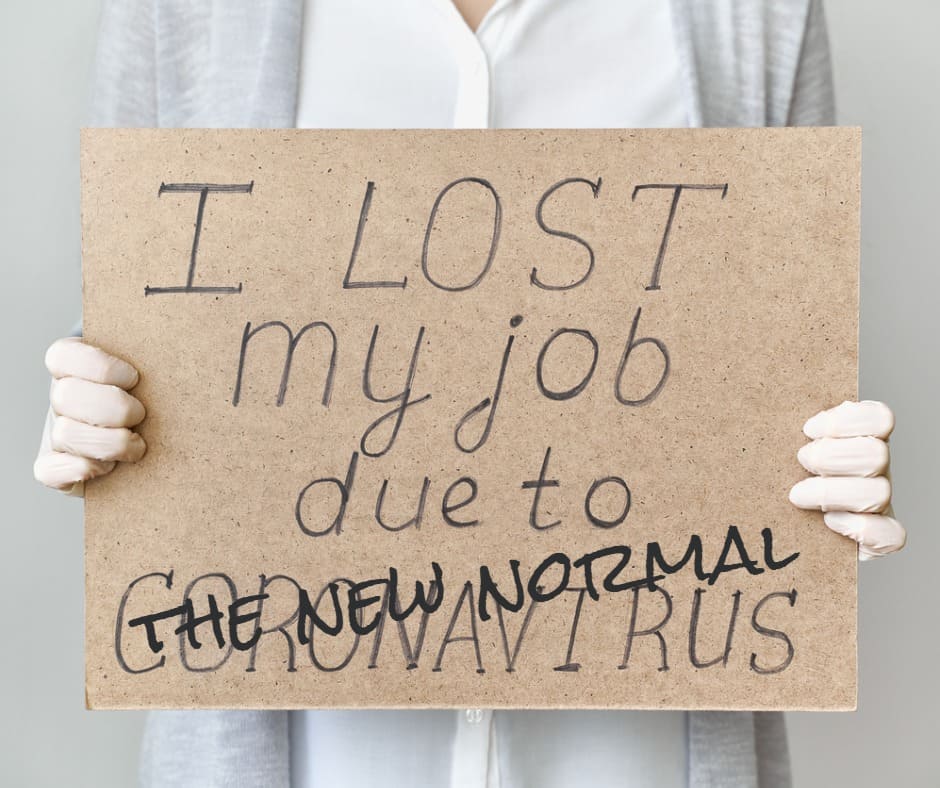Insurance auto-renewal policies have risks that can catch you out!
Many insurance companies will provide a facility for you to ‘auto renew’ your policy as a convenience. However, insurance auto-renewal risks exist for the unwary.
There are 2 things you should know about auto-renewal policies:
- It may cost you more! Insurers offer auto-renewal because most of us are lazy and we do not shop around for a better deal!
- Auto-renewal can have a catch if you want to make a claim! If your circumstances have changed and you haven’t updated your details then a claim could be more complicated. In the worst case, your insurance may be invalid.
Follow these 2 steps to help protect yourself!
- Read our blog on why you should routinely review your insurance and shop around before renewal.
- Read this blog on the potential risks from auto-renewal.
Why are there auto-renewal risks?
Start at the beginning….
When you first get your quote, you are probably completely unknown to the insurer.
They ask you questions in the quote process to decide whether to insure you and at what price?
After you answer the questions, you make a clear statement that you have been truthful.
Your answers will be on the insurance documents and also on your renewal documents.
Why are your answers so important?
Your insurance policy is a contract between you and the insurer.
You provide a declaration that the details you have provided are correct to the best of your knowledge.
You are usually asked to check them first and then provided with documents of your “Declarations”, their “Assumptions” and your “Statements of Facts” (your answers).
If you have not been completely truthful, the insurer will challenge your claim or may reduce the amount they agree to pay.
Even when the questions asked don’t appear to be relevant to the insurance you want, they must be answered carefully and truthfully.
Let us use car insurance as an example of how your insurance risk is assessed.
- While you may think you are unique, insurers are looking to put you into one of hundreds of “baskets” of similar drivers driving similar cars.
- The insurers will have millions of cases that show that there is a difference in the claims rate between ‘baskets’.
- The basket you are put in will be determined by things like make/model/age of car, if you are married/divorced or homeowners/tenants or employed/unemployed or man/women of age ‘x’.
Your answers form the basis on which the insurer will set the premium.
How can they pay out less?
If you make a claim, the insurer first checks any mistakes or half-truths (as well as falsehoods or inconsistancies) in your answers. Therefore, if the insurer can show that if you had provided the correct answers they would have:
- turned you down for insurance or
- agreed to offer insurance at different terms or premium.
then they may try to reduce their pay-out in a process called ‘loss adjusting‘. The claim may be paid in full, in part or not at all.
Loss adjusting is quite common if you are underinsured; the value you have submitted for a quote is less than the actual value of your possessions or turnover.
This year, a key issue will be changes in employment or activity.
In an example in The Sunday Times Money (20 Feb 21 letters to Jill Insley ‘Question of Money’) a customer had not informed their insurer that they had been made redundant.
- The insurers could show that if they had been told they would have charged an extra 33% on the premium
- The claim for an accident was reduced by 1/3!
Insurance auto-renewal risks can be reduced if you make sure your details are up to date.
When you get a quote or renew:
- Take your time check your answers carefully.
- If your circumstances change, tell the insurer when you review your renewal documents or, ideally, at any time during the policy.
